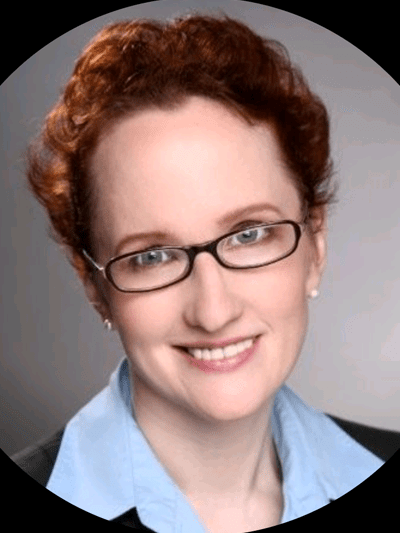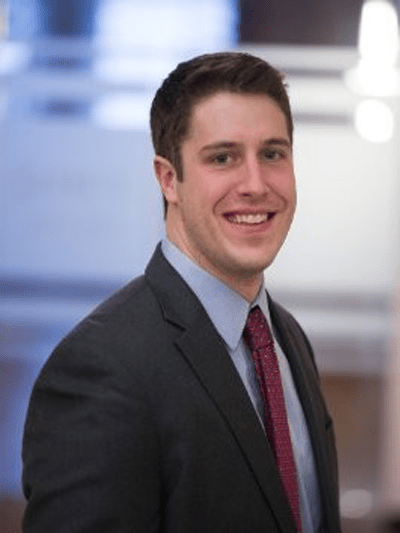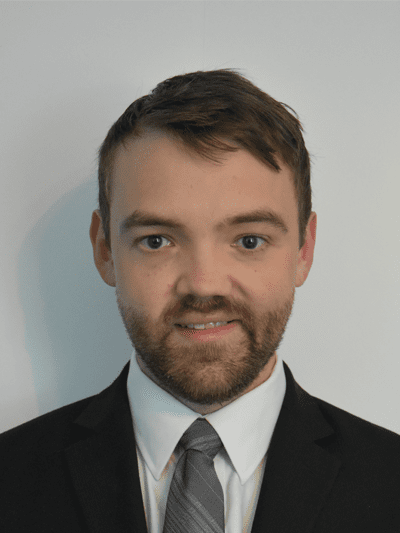The Public Service Loan Forgiveness (PSLF) program, created by Congress, is meant to provide federal student loan relief for borrowers who spend at least 10 years working in public service. Despite lofty aspirations, the PSLF program has fallen woefully short of expectations, and far too many borrowers have had their applications for loan forgiveness denied. State attorneys general have extensive, first-hand knowledge of the program’s failures and the issues facing borrowers. When borrowers learn that they are not eligible for PSLF relief or are denied forgiveness due to errors by the Department of Education or their loan servicer, they often turn to our offices for assistance. Some borrowers also contact our offices after falling victim to student loan debt relief scams claiming to help those borrowers qualify for PSLF. Many borrowers have made career decisions in reliance upon the availability of this loan relief, only to find out later that they were not eligible. As such, over the years, our offices have advocated extensively for changes to the PSLF program to address its failure to live up to expectations.
Recently, the Department of Education (“Department”) announced changes to the PSLF program, called the PSLF Limited Wavier Opportunity, aimed at addressing some of the systemic issues with the PSLF program that have kept PSLF forgiveness rates so low. While the PSLF Limited Waiver Opportunity provides some of the relief our offices have advocated for, these important changes are only available to borrowers for a limited period of time. Given the history of the program and the important advocacy work continuing to be done by our offices, state attorneys general are particularly well positioned to help alert borrowers in each of our states to these changes and help them qualify for this program.
The PSLF Program
In 2007, Congress created the PSLF program, which forgives the remaining balance on a student loan borrower’s federal Direct Loans after they have made 120 qualifying monthly payments under a qualifying repayment plan while working full-time for a qualifying public service employer. (The PSLF program is only available for federal loans. private loans are not eligible.) The motivation of the program is clear: ensuring that high tuition, and the resulting student loan debt, does not deter graduates from choosing to enter lower-paying, public service jobs in government and nonprofit agencies. However, the requirements of the PSLF program are complex: borrowers must have a specific type of employer, have a specific type of loan, be enrolled in a specific loan repayment plan, and make payments in full and on time. Due to these complex requirements and the prevalence of misinformation, the rejection rate initially was over 99%.
Attorneys general identified a number of reasons for such high rejection rates. There were issues with payments: some borrowers may have made payments that were mere pennies off from being considered “in full” or may have made their payments a day late. There were also issues with loan types: a large number of borrowers who applied for PSLF forgiveness had Federal Family Education Loans (“FFEL”), which were discontinued in 2010 and are not eligible for forgiveness. Those borrowers may not have been alerted to the fact that such loans did not qualify or, in some instances, may have been mistakenly advised that FFEL loans, or other types of federal loans, would qualify. Whatever the issue, the rate of rejection was unreasonably high.
After this initial rejection rate was made public, Congress created the companion Temporary Expanded Public Service Loan Forgiveness (“TEPSLF”) program in 2019, which relaxed some PSLF requirements with regard to what repayment plans qualified. Yet TEPSLF created its own problems –to be considered for TEPSLF, a borrower had to submit a PSLF application, wait months for a rejection letter, then apply for TEPSLF. As a result, the rejection rate for borrowers seeking loan forgiveness via the TEPSLF program remained over 96%.
Advocacy by State Attorneys General
Given our intimate knowledge of borrowers’ plights, state attorneys general have been at the forefront of advocating for reforms of the PSLF program. In October 2018, for instance, Illinois led a group of 12 state attorneys general in demanding answers from the Department as to the PSLF program’s 99% denial rate and seeking reforms to address issues within the PSLF program. In that letter, the attorneys general identified one fundamental problem facing so many of the borrowers denied approval: FFEL loans did not qualify for the PSLF program. In order for a borrower to receive forgiveness for such loans under the PSLF program, the Department required those borrowers to consolidate their FFEL loan into a Direct Loan and begin their 10 years of payments all over again. Given the unfairness of such a prospect, in their October 2018 letter, the attorneys general made clear that such borrowers “should not be made to consolidate their loans into Direct Loans today and make another ten years of payments. To do so would be fundamentally unfair.”
Advocacy by state attorneys general related to the PSLF program has continued consistently over the years. In August 2019, the Illinois and California Attorneys General led a coalition of 12 states in demanding additional data underlying the low approval rate and advocating for reforms. Moreover, in response to a request for information by the Department, 22 state attorneys general called on the Department in September of this year to implement immediate changes to the PSLF program and provide immediate relief to borrowers. The attorneys general encouraged the Department to provide credits for qualifying payments mistakenly not counted and to provide broad outreach to borrowers who might be interested in loan forgiveness under the PSLF program, in addition to other reforms.
Many of our offices have already provided such broad outreach about the benefits of the PSLF program. Here in Illinois, for instance, our office maintains a Student Loan Hotline to provide critical information to borrowers on a variety of student loan issues, including the PSLF program. We also maintain a robust mediation program that directly informs complaining borrowers of the availability of the PSLF program. Further, our office routinely makes presentations to other state agencies and nonprofits who have employees that might benefit from the PSLF program. The extensive advocacy work of so many of our offices has undoubtedly encouraged the Department to issue the Limited Waiver Opportunity, and our extensive outreach efforts make our offices well-situated to spread this important information to borrowers in our respective states.
The PSLF Limited Waiver Opportunity
On October 6, 2021, the Department announced the PSLF Limited Wavier Opportunity. The changes announced allow borrowers to receive credit for past payments that would not otherwise qualify for PSLF because the loans were of the wrong type, including, for instance, FFEL, Perkins, and other non-Direct Loans. To secure a review under the limited waiver opportunity, a borrower must consolidate any non-qualifying loans into a Direct Loan and submit a PSLF employment certification form covering all periods of qualifying employment by October 31, 2022. In addition, the PSLF Limited Waiver Opportunity also provides that prior payments made on a federal student loan will be credited as PSLF-qualifying payments, regardless of repayment plan or whether the payment was made in-full or on-time. As a result, individuals who made payments but paid the wrong amount – sometimes off by mere pennies – will be able to have those payments counted toward the 120 overall payments required for loan forgiveness.
In addition to the PSLF Limited Waiver Opportunity, the Department announced several other changes to the PSLF program, including:
- For military borrowers, allowing the months they spent on active duty to count toward PSLF, even if the borrower’s loans were in deferment or forbearance at the time;
- Automatically certifying employment for military and federal government borrowers and exploring automatic certification of state, local, and tribal government employers in the future; and
- Implementing a process to review denied PSLF applications for errors and giving borrowers the ability to have their PSLF rejections reconsidered.
The PSLF Limited Waiver Opportunity is intended to address many issues with the PSLF program raised by state attorneys general over our years of advocacy, including opening the program to FFEL borrowers and providing credit for qualifying payments previously not counted. Many borrowers in each of our constituencies have faced disappointment after years of payments. However, the PSLF Limited Waiver Opportunity, coupled with the associated policy changes, aims to help harmed borrowers finally achieve the loan forgiveness they have spent many years working towards. Given our offices’ continued advocacy and engagement with these issues, we encourage all of our colleagues to take advantage of this important change and help borrowers across the nation qualify for PSLF forgiveness.
Other articles in this edition include:
- Consumer Chief of the Month
- Attorney General Consumer Protection News: November 2021
- Federal Consumer Protection News: November 2021








